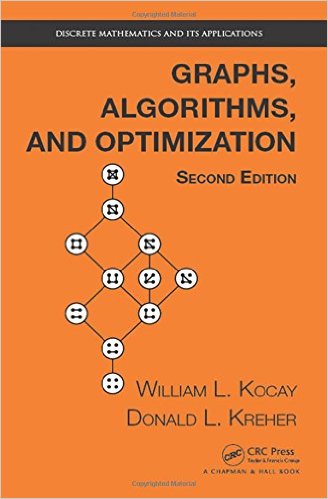|
Digital marketing has become an increasingly critical aspect of businesses' overall marketing strategies. In today's rapidly evolving technological landscape, companies are leveraging innovative tools and techniques to engage with their target audience effectively. This article explores the technological advances that have transformed digital marketing and how they have revolutionized the way businesses promote their products and services. Artificial Intelligence (AI) and Machine Learning (ML): AI and ML are at the forefront of the digital marketing revolution. These technologies enable marketers to analyze vast amounts of data and gain valuable insights into consumer behavior and preferences. AI-powered chatbots provide instant customer support, while ML algorithms optimize ad targeting and personalize user experiences. With AI and ML, marketers can create highly targeted campaigns, improve lead generation, and enhance customer engagement. Big Data Analytics: The abundance of data generated by online interactions has given rise to big data analytics in digital marketing. Marketers can collect, process, and analyze large volumes of structured and unstructured data to uncover patterns, trends, and customer preferences. This data-driven approach allows businesses to make informed decisions and optimize their marketing strategies. By understanding consumer behavior, marketers can tailor their content, advertisements, and offers to specific target groups, resulting in higher conversion rates and improved ROI. Influencer Marketing: Influencer marketing has gained significant momentum in the digital age, thanks to social media platforms. Businesses collaborate with popular social media influencers who have a substantial following and influence over their followers' purchasing decisions. Innovative technologies facilitate the identification and evaluation of suitable influencers based on parameters like audience demographics, engagement metrics, and relevance to the brand. This form of marketing allows businesses to reach their target audience authentically and build trust through influential personalities. Augmented Reality (AR) and Virtual Reality (VR): AR and VR technologies have revolutionized the way consumers experience products and services. With AR, customers can virtually try on clothing or visualize furniture in their homes before making a purchase. VR, on the other hand, enables immersive experiences like virtual tours or interactive simulations. These technologies give marketers new ways to engage with consumers, provide unique brand experiences, and drive sales. As AR and VR continue to evolve, digital marketers will find more creative applications in their campaigns. Voice Search and Digital Assistants: The rising popularity of voice search and digital assistants like Siri, Alexa, and Google Assistant has transformed the way people seek information and make purchasing decisions. Marketers need to optimize their websites and content for voice search queries, as these searches tend to be longer and conversational. Additionally, businesses can leverage voice-enabled devices to deliver personalized recommendations and offers to consumers based on their preferences and previous interactions. In conclusion, the advancement of technology has significantly impacted the field of digital marketing. AI and ML have empowered marketers with data-driven insights, while big data analytics enables targeted and personalized campaigns. Influencer marketing leverages social media platforms to reach and engage with consumers authentically. AR, VR, voice search, and digital assistants offer new avenues for immersive experiences and customer interactions. As technology continues to evolve, digital marketers must stay abreast of these advancements to remain competitive in the ever-changing digital landscape.  |
